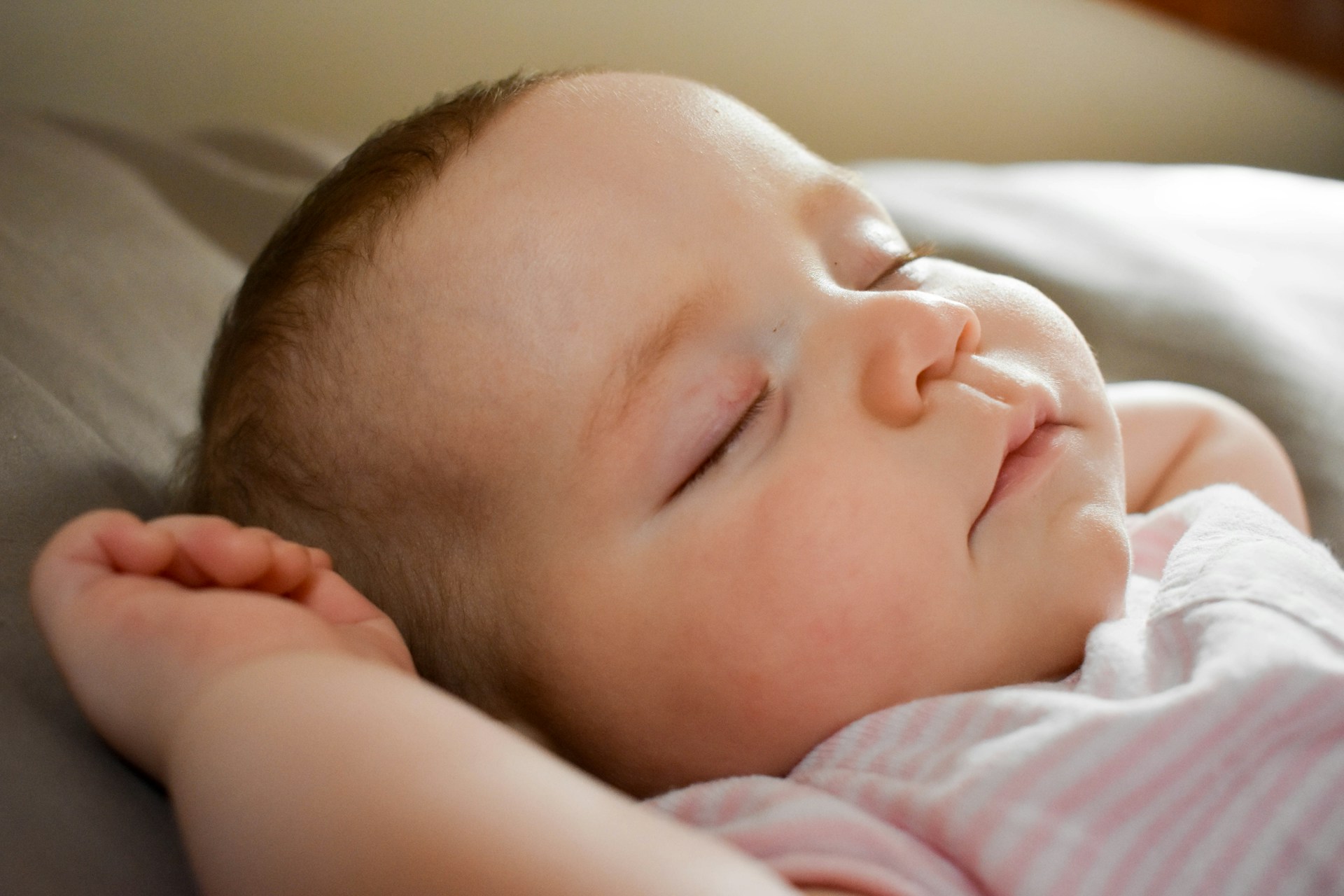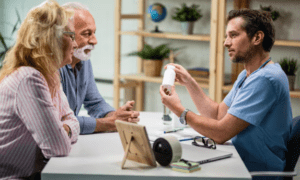According to the National Institute of Health and NY Langone School of Medicine, there are supplements that can greatly help with your rest:
- Magnesium Chloride
- Calcium Citrate
- Melatonin
- Tryptophan
- Phenibut
- Omega 3 fish oil
One can request sleeping pills (prescriptions) from your doctor, but we recommend natural remedies first. We do not suggest taking all of the supplements above, but to experiment to see which one(s) work best for you. Furthermore, it is essential that you maintain a good diet. When one does not eat enough, your body will actually keep you up.
CAFFEINE INTAKE: According to Mental Health Daily, Over 80% of adults in the United States consume caffeine on a daily basis. The average adult consumes around 200 mg of caffeine per day or 2 cups of coffee. It takes 3-5 hours to get most of the caffeine out of your system, and 1.15 days to get out completely. If you must drink caffeine, please try to do so only in the morning. Also, drink a glass of water first. Caffeine dehydrates us and drinking a glass of water first will help with your hydration and hopefully reduce caffeine intake.
IDEAL BEDROOM: According to the National Sleep Foundation, bedrooms should be void of television, computers and any kind of artificial light. Falling asleep with tv or computer on actually disturbs sleep cycles.
EATING THREE MEALS A DAY: If you are in a hurry in the morning to get to work, grab a protein bar, a banana or anything and eat in the car. So many people say I’m not hungry in the morning. Force yourself to eat something and in time you will feel better. This is especially true for breakfast. Consider a multivitamin and Omega-Fish Oil supplements. If you are a vegetarian, then you can take Flax Seed Oil. According to a report by the Huffington Post, diet greatly affects our sleep. The eight worst foods for sleep are:
- Coffee
- Chocolate
- Alcohol
- Fatty Foods
- Steak
- Spicy Food
- Grapefruit
- Water: This is surprising. Of course drink water, but not two hours before going to bed.
You do not need to eliminate these foods completely. Reducing them can help and not eating them for dinner will help more according to Kelly Glazer Baron who is a sleep researcher and neurology instructor at Northwestern University’s Feinberg School of Medicine. Finally, try to eat three meals a day. It is hard to sleep on a malnourished stomach. If you are trying to lose weight, eating multiple meals a day will actually cause your metabolism to increase and make losing weight easier.
EXERCISE: Many say I don’t have time to exercise. If you are watching TV, you can exercise. Jumping jacks, push-ups, leg squats. Even just ten minutes a day can help greatly. According to the National Sleep Foundation, adults with insomnia who started an exercise program fell asleep more quickly, slept longer, and had better sleep quality than before they began exercising.
BETTER MATTRESS OR PILLOW: Does your back or neck feel sore in the morning? How long has it been since you got a new pillow or mattress? According to a study by Research Triangle International, where more than 16,000 nights of sleep were evaluated, mattresses greatly affect sleep. The most important finding was that “test driving” a mattress actually is not the best way to choose one. Most people lay on a mattress and think this feels good! Then they purchase. However, it was found that this way of choosing led to poor sleep. In general, very low and very high levels of firmness tended to be associated with worse sleep. Choosing a mattress that feels like a medium firmness level is most likely the best choice even if you think you prefer a low firm or high firm mattress.
When it comes to pillows WebMD suggests the following:
If you sleep on your back: Back sleepers need thinner pillows, so their head is not thrown too far forward. Look for a pillow with extra loft in the bottom third of the pillow to cradle your neck.



































